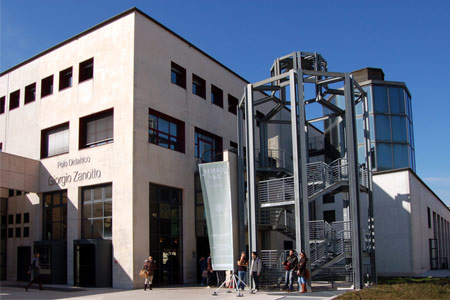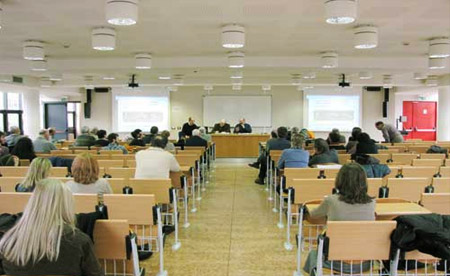Learning outcomes
The course will focus on the general concepts which allow to understand, from a sociological point of view, the themes of work.
It’s through this peculiarity that the “classic” sociology of work has deeply changed and definitively turned into sociology of consumption. The sociology of consumption, more than being a field of work, is in fact its present domineering meaning, also and above all in connection with the birth and development of past-modernity.
Contents of the course:
We will first analyse the concept of work through the classics of sociology, and will study how this reflection has developed towards consumption (Durkheim, Marx, Arendt) more than production. We will then focus on the fundamental concept of material culture in its sociological meaning. We’ll then approach a new tide of thinking, born in the last few years (since 2002), the so-called “Decrease”, which tries to call into question, both on the social and on the economical point of view, the concept of development. The guideline of this movement can be resumed in the few words: “Our wealth is measured by the number of things we can do without”.
Books: Gilli G.A., Manuale di sociologia, Bruno Mondadori, Milano 2000 (una parte del manuale sarà utilizzata per il corso di Sociologia dei Processi Culturali); Morandi E., Il ritorno dell’azione sociale: Hannah Arendt e l’azione sociale come antropofania, in Id., L’attuarsi della società. Saggi sull’azione sociale e il realismo sociologico, Angeli, Milano 2002, pp. 124-184; Secondulfo D., Ditelo coi fiori. Strutture del consumo e comunicazione sociale, Angeli, Milano 1995; Illich I., Disoccupazione creativa, Boroli Editore, Milano 2005.







